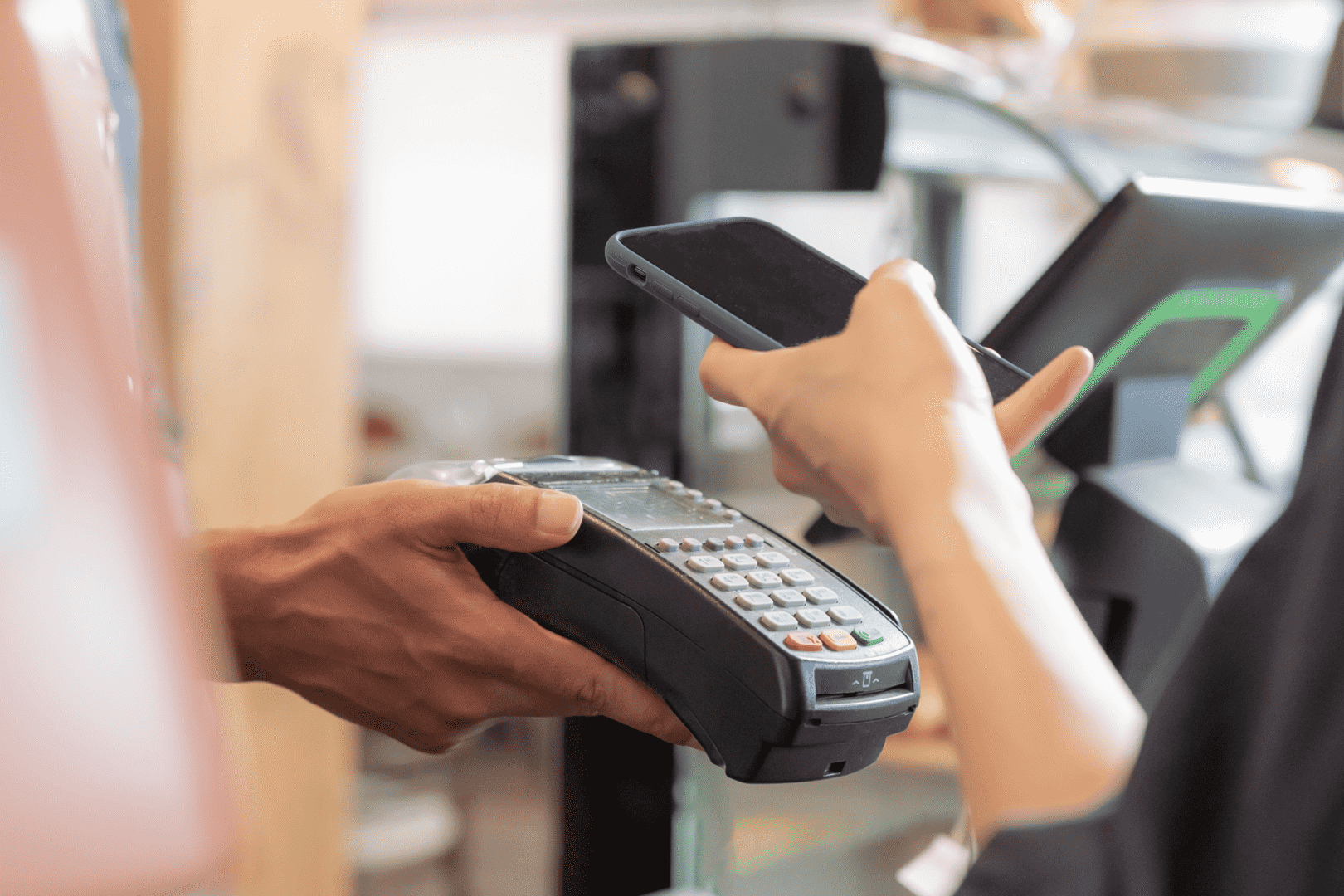E-Wallet (Electronic Wallet), a digital payment tool that allows users to store funds, make transactions, and manage payments electronically via a mobile app or an online platform. It securely holds payment information (e.g., credit/debit cards, bank accounts) and enables quick, cashless transactions for purchases, bill payments, and money transfers. The most popular e-wallets are PayPal, Apple Pay, Google Wallet, Venmo, Zelle Zelle and many others…
The rise of e-wallets in recent years has dramatically transformed the way people in developing countries manage their finances. These digital wallets offer secure, convenient means to store funds, make payments, and transfer money, mainly by by-passing traditional bank systems and offering a powerful tool for financial inclusion. Despite the expansion of digital services, many developing regions continue to face significant barriers to financial inclusion, such as limited access to physical banking infrastructure, geographical isolation, and financial instability.
Financial Inclusion: A Key to Economic Empowerment
Financial inclusion ensures that individuals, especially those in underserved communities, have access to necessary financial services. In many developing countries, traditional banking services remain inaccessible due to geographic isolation, lack of documentation, or financial instability. According to the World Bank, more than 1.7 billion adults still lack access to formal financial services, with many residing in rural or remote areas. E-wallets offer a simple alternative for individuals to manage transactions, pay bills, transfer money, and save for the future, requiring only a smartphone and an internet connection, making them ideal for people in rural or remote areas with limited banking infrastructure.
According to the World Bank, between 2011 and 2017, the number of adults with access to a bank account grew by 1.2 billion, largely due to digital services like e-wallets. In countries such as Kenya, where 75% of the adult population uses mobile wallets, making banking a reality for millions.
Key Benefits of E-Wallets for Financial Inclusion
- Convenience and Accessibility
Requiring just a smartphone and internet access, E-wallets allow users to send and receive money from anywhere, hence eliminating the need for costly trips to the banks.
- Affordable Financial Services
E-wallets provide affordable services compared to traditional banking, eliminating high fees for basic services like account opening and money transfers.
- Empowering Women and Marginalized Groups
In many regions, women and marginalized groups face significant barriers to accessing financial services. E-wallets empowered these groups by providing a secure, independent way to manage finances and access business opportunities, breaking down traditional financial barriers. For example, in East Africa, 85% of women use mobile wallets, granting them greater financial autonomy.
- Boosting Small Business Growth
E-wallets also facilitate small businesses growth by allowing them to accept digital payments. This reduces transaction costs, increases customer reach, and fosters local entrepreneurship. In India, small businesses that adopted mobile wallets saw a 40% increase in sales, highlighting the positive impact on grassroots economic growth.
- A Solution to Cross-Border Payment Challenges
Migrant workers often face high fees and delays when sending money home through traditional banking methods. With E-wallets, users can send money abroad with minimal fees, making the process quicker, more transparent and less costly.
The Future of E-Wallets in Financial Inclusion
As the digital economy continues to grow, the role of e-wallets in facilitating financial inclusion is expected to expand. With increasing mobile phone penetration and internet connectivity in developing countries, more individuals will have the opportunity to access digital financial services through e-wallets. This trend will empower underserved populations by providing them with the tools they need to improve their financial well-being.
E-wallets are becoming essential tools for businesses as well, offering a broad range of benefits that simplify financial processes and enhance operational efficiency. From improving cash flow management to enabling faster and more secure transactions, e-wallets are transforming the way businesses handle their financial transactions.
Innovations in e-wallet technology, such as biometric authentication, artificial intelligence (AI)-driven financial tools, and integration with social networks, are further enhancing the user experience and broadening the scope of services available to users. As these technologies evolve, they will make e-wallets even more secure, accessible, and beneficial to people in developing regions.
E-wallets have become a transformative force, enabling individual financial inclusion and supporting business growth. They provide affordable, accessible, and secure means for individuals in developing countries to manage their finances, and businesses to streamline operations. The ongoing evolution of e-wallet technologies will play an even greater role in bridging the gap between the unbanked and the formal economy, driving both individual and business empowerment in developing nations.


























